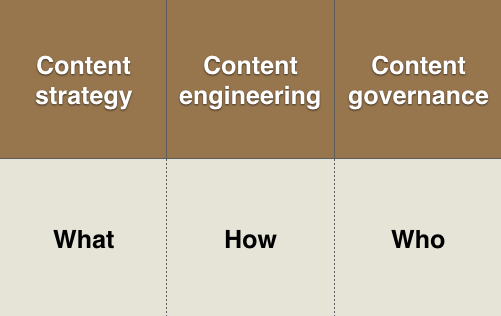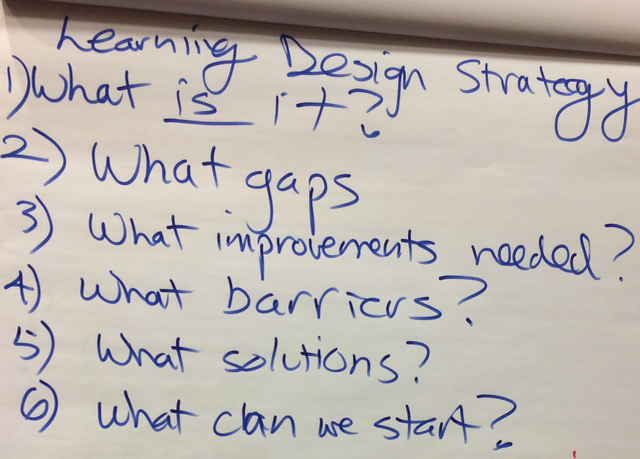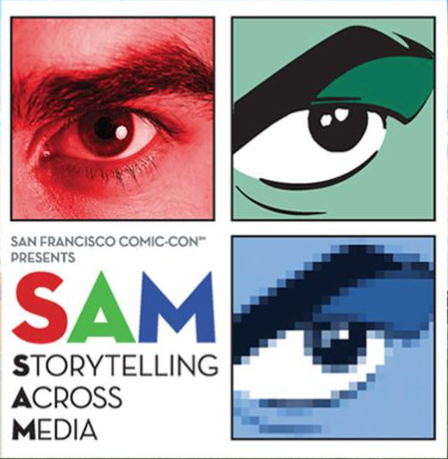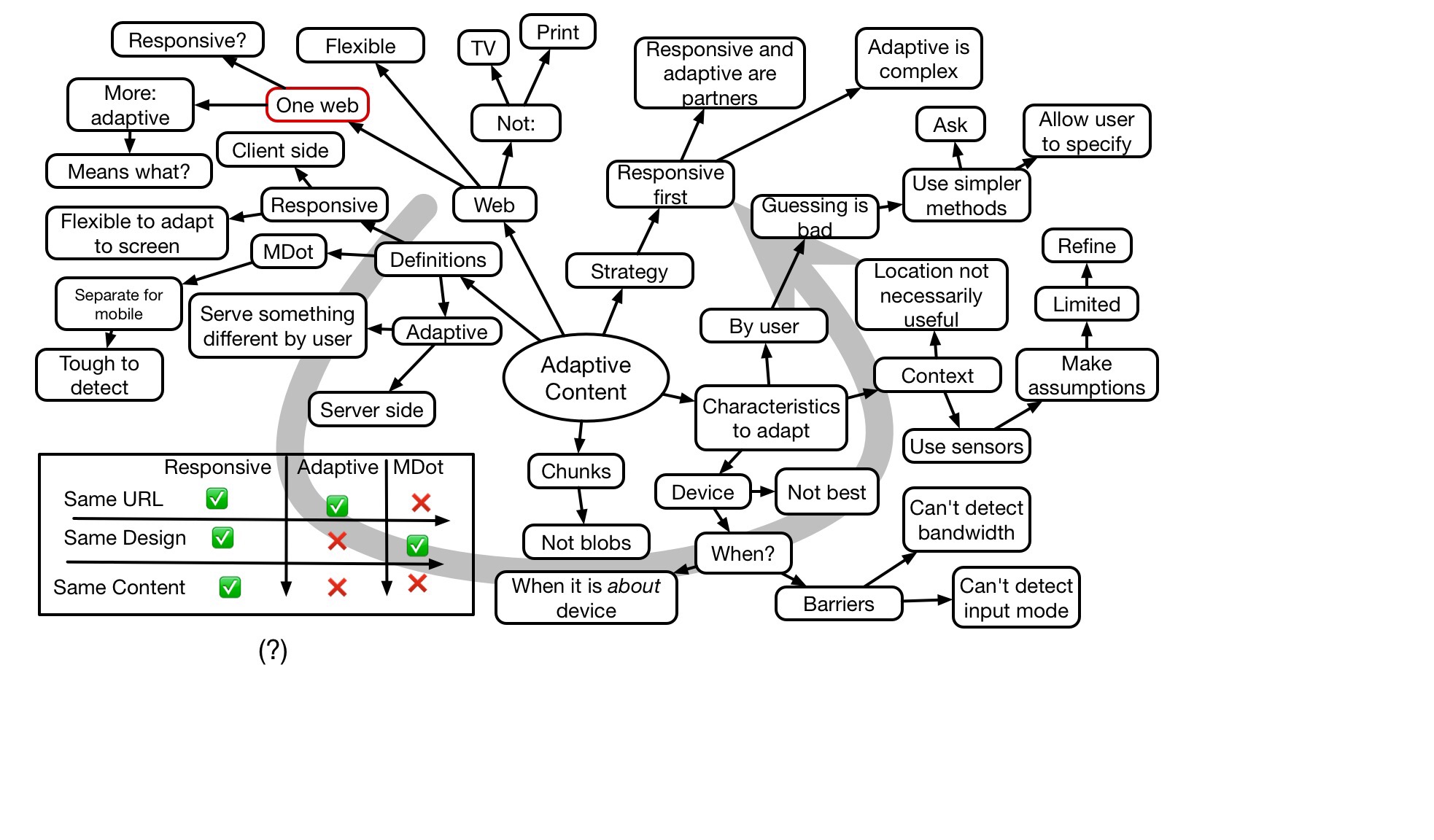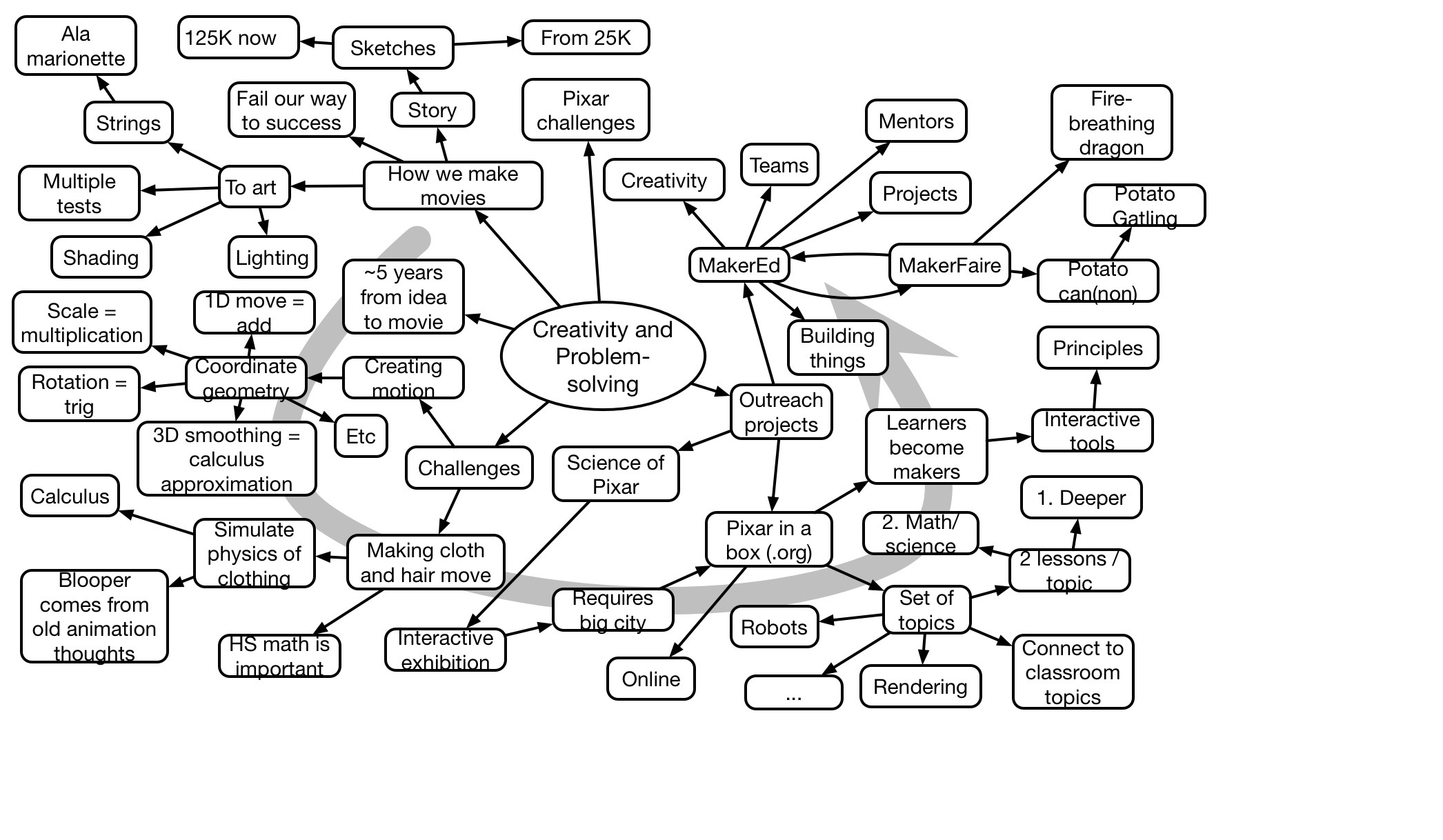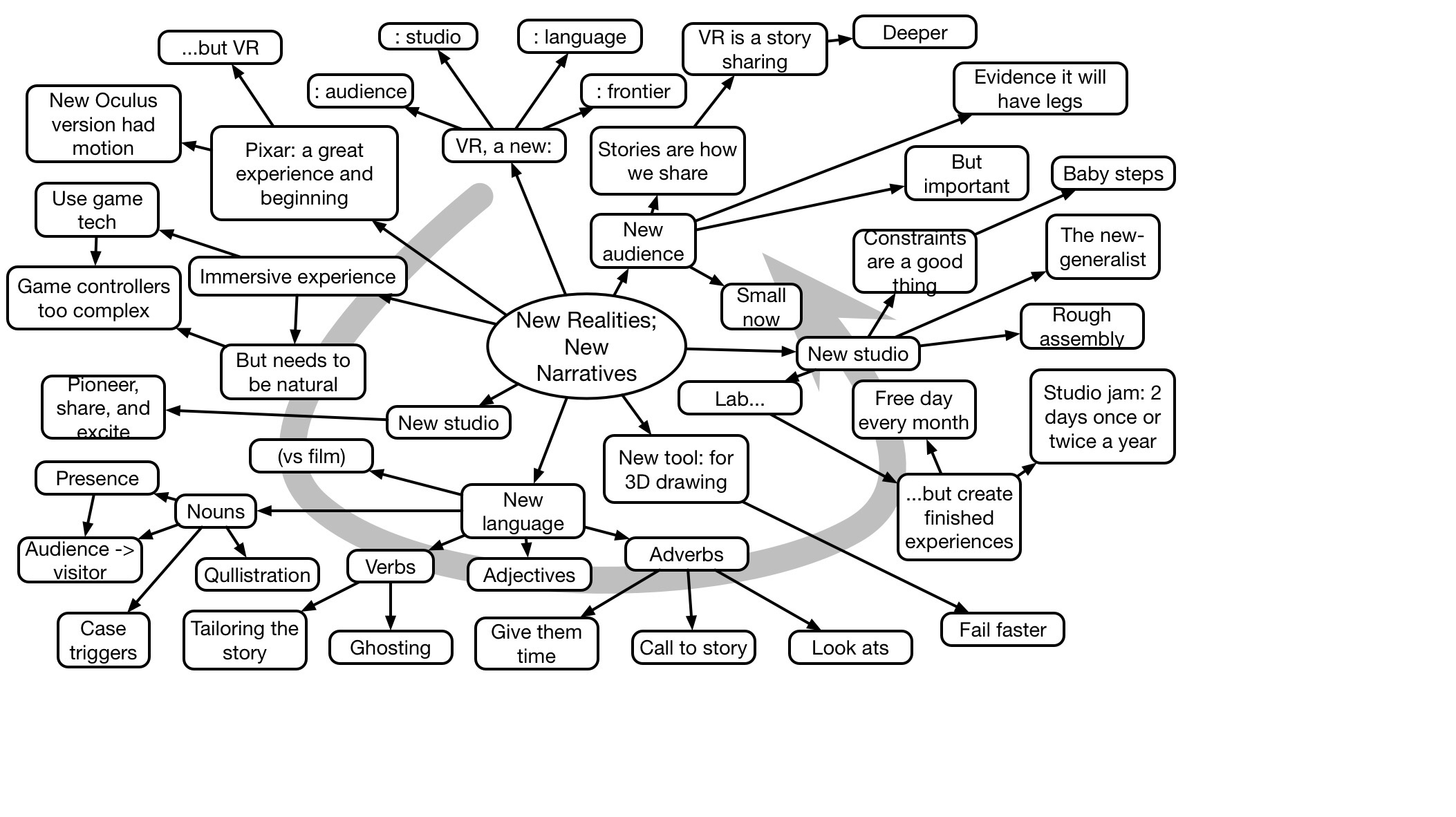Recently, I had a chance to catch up with a client who’d used my services to review their design processes. Per my approach, I’d generated a report with a large number of suggestions. What happened, not surprisingly, is that a subset of them actually were implemented. Still, it was gratifying to hear of the changes, and I think they’re worth exploring as an opportunity to show how small changes can yield big improvements.
One of the major areas was to work on how they use SMEs. Instead of just having a contracted expert, they’re moving to work with folks who have ‘on the ground’ expertise to couple with their domain expertise. I argue for triangulating on the real objectives with several perspectives, and this approaches that ideal.
A second thing was that there was a bit of a ‘waterfall model’, and instead I suggest having collaboration at critical points along the way. In this case, they have moved to more collaboration at an important juncture point, with more roles involved to be more innovative on the possibilities.
Also, in their particular case, they have to abide by certain constraints, such as amount of time. As a result of looking at the opportunities, they are moving to meeting their requirements by adding more practice, not more content. This is a big win for the learners, and the learning.
They are also looking at applying their refined understanding of the nuances of learning. This is embryonic, I was told, but they are moving to looking to redesigning their content to better align with what is known about learning science. At this point it may not be instituted in their processes, but it’s already affecting the mindset they bring to the task.
 There are a couple of other things they’re beginning, but I reckon these are some big wins for their audience and the outcomes. With only small changes in what they are doing, they are increasing the likelihood of effective learning. And that’s the point: for any design process, there are inflection points where better outcomes can be achieved with minimal impact on the overall processes. That is, the processes may change, but they’re different, not hugely larger.
There are a couple of other things they’re beginning, but I reckon these are some big wins for their audience and the outcomes. With only small changes in what they are doing, they are increasing the likelihood of effective learning. And that’s the point: for any design process, there are inflection points where better outcomes can be achieved with minimal impact on the overall processes. That is, the processes may change, but they’re different, not hugely larger.
There’s much we can and should be doing to improve our learning design processes, for our learners, and the learning. We know what the opportunities are, now we just need to marshal the will to make changes. Are you ready?
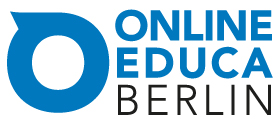 The other thing that I was involved in at Online Educa in Berlin was a session on The Flexible Worker. Three of us presented, each addressing one particular topic. One presentation was on collaborating to produce an elearning course on sleeping better, with the presenter’s firm demonstrating expertise in elearning, while the other firm had the subject matter expertise on sleep health. A second presentation was on providing tools to trainers to devolve content development locally, addressing a problem with centrally-developed content. My presentation was on the gaps between what L&D does and how our brains work, and the implications. And, per our design, issues emerged.
The other thing that I was involved in at Online Educa in Berlin was a session on The Flexible Worker. Three of us presented, each addressing one particular topic. One presentation was on collaborating to produce an elearning course on sleeping better, with the presenter’s firm demonstrating expertise in elearning, while the other firm had the subject matter expertise on sleep health. A second presentation was on providing tools to trainers to devolve content development locally, addressing a problem with centrally-developed content. My presentation was on the gaps between what L&D does and how our brains work, and the implications. And, per our design, issues emerged.